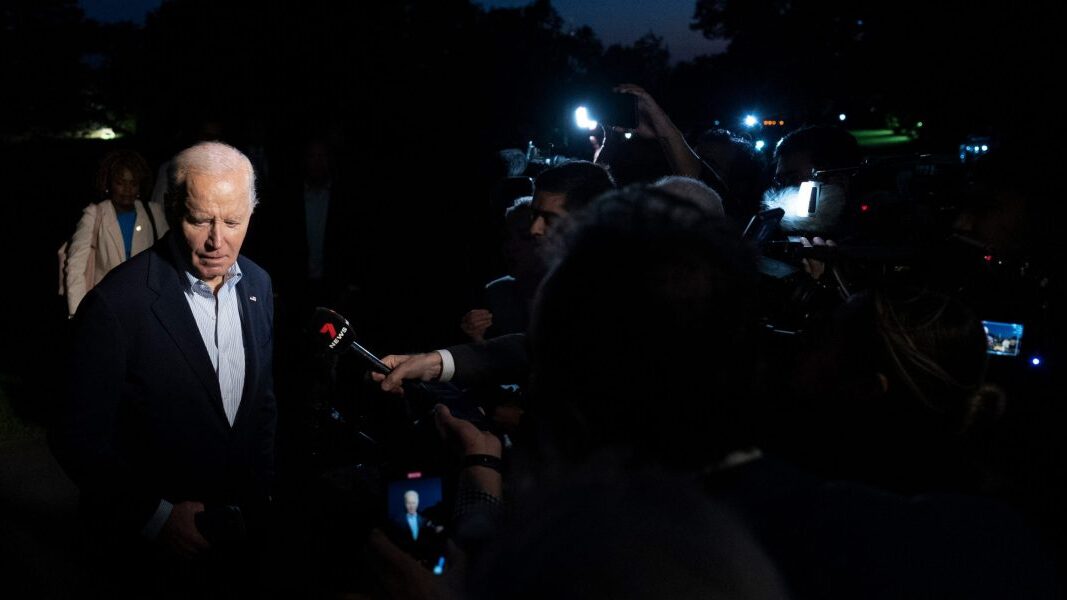You said it hits them “hardest,” but how do you know it doesn’t hit the poor and middle class down the pipeline harder, comparatively? What you’re talking about is profits; what I’m talking about is clothing and food for actual people and a raising of bottom-line prices. Make no mistake — the consequence of such a strike comes at the cost of holding those down the line hostage. Naturally the shareholders tend to have a rainy-day fund in order to ride out the storm. Naturally the wealthy can weather such storms easier than the poor and middle class, yes?
In fact this goes back to this very strike covered in this submission, in which Biden pointed out to the nnion that their strike would effect… Who? Those impacted by Hurricane Helene.
Hardest is therefore relative.
What you’re talking about is profits; what I’m talking about is clothing and food for actual people and a raising of bottom-line prices.
Exactly. Actual people can’t eat profits but there are other logistical methods of getting goods and services to where they are needed, while shareholders are invested and would have to sell their holdings at a loss if they wanted to get their profits elsewhere.
Make no mistake — the consequence of such a strike comes at the cost of holding those down the line hostage.
Again, precisely. The larger the group pf people inconvenienced by a work stoppage, the greater the pressure on management to offer the workers an acceptable contract.
Naturally the shareholders tend to have a rainy-day fund in order to ride out the storm. Naturally the wealthy can weather such storms easier than the poor and middle class, yes?
Naturally, the shareholders don’t want to keep a rainy-day fund, because every dollar that isn’t invested in revenue generation is losing value to inflation. That’s why just-in-time logistics is so huge, and why our supply chains are so brittle. Reserve capacity is an expense to Capital.
Naturally, poor folk who have very little to lose and everything to gain have a desperate need to secure the best contracts possible. And, as examples like the Montgomery Bus Boycott demonstrate, even state-backed enterprises can’t persist in the face of organized and persistent strikes by the poorest folks in the country.
Hardest is therefore relative
Agreed. Your only misconception is a failure to grasp just how astronomically steep our economic inequality has become.
In relative terms, the business losses due to work stoppage are monumental compared to the cost of labor itself. Businesses regularly spend ten or 100x more on “union avoidance” than the added costs of a decent contract.




